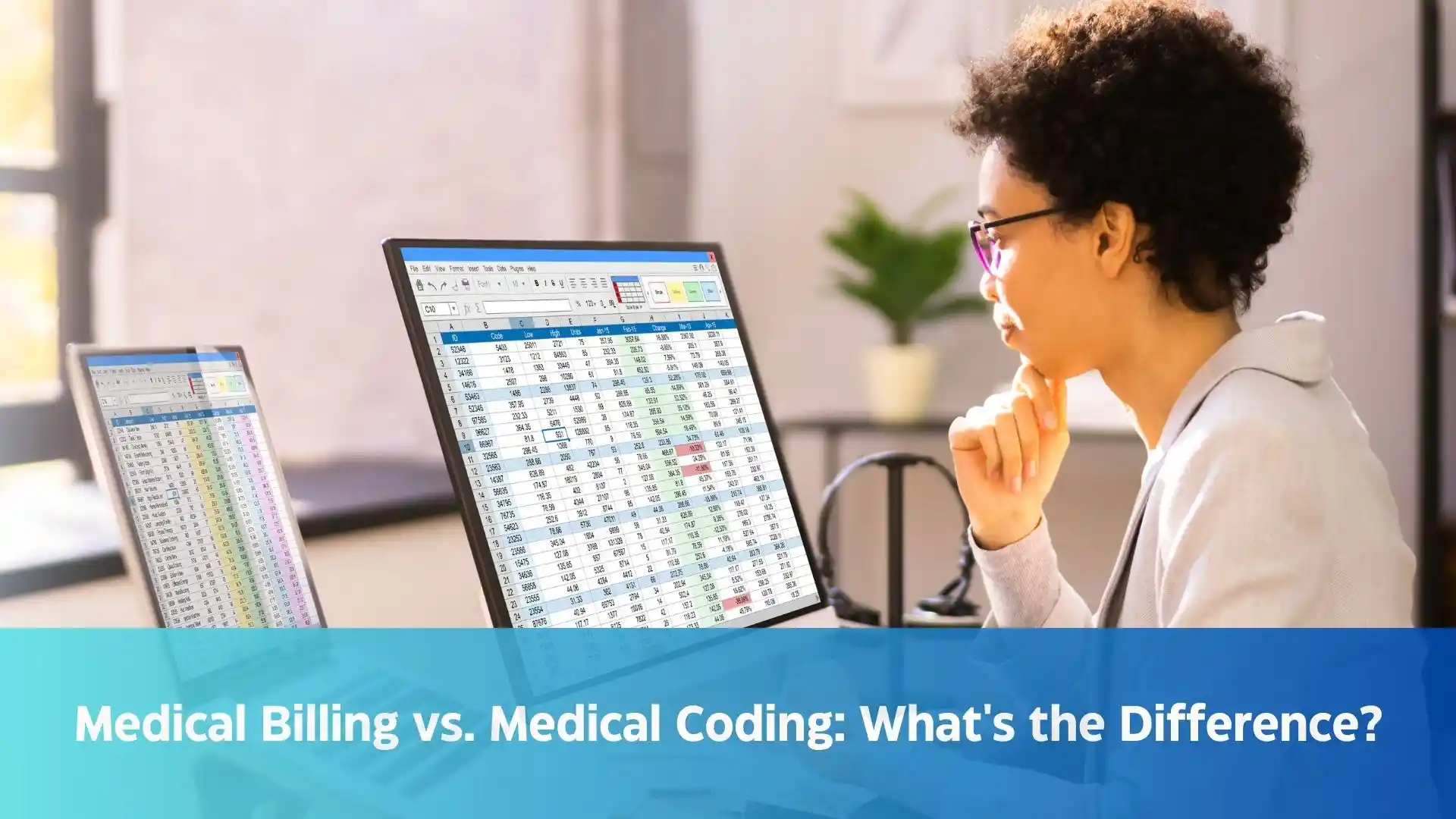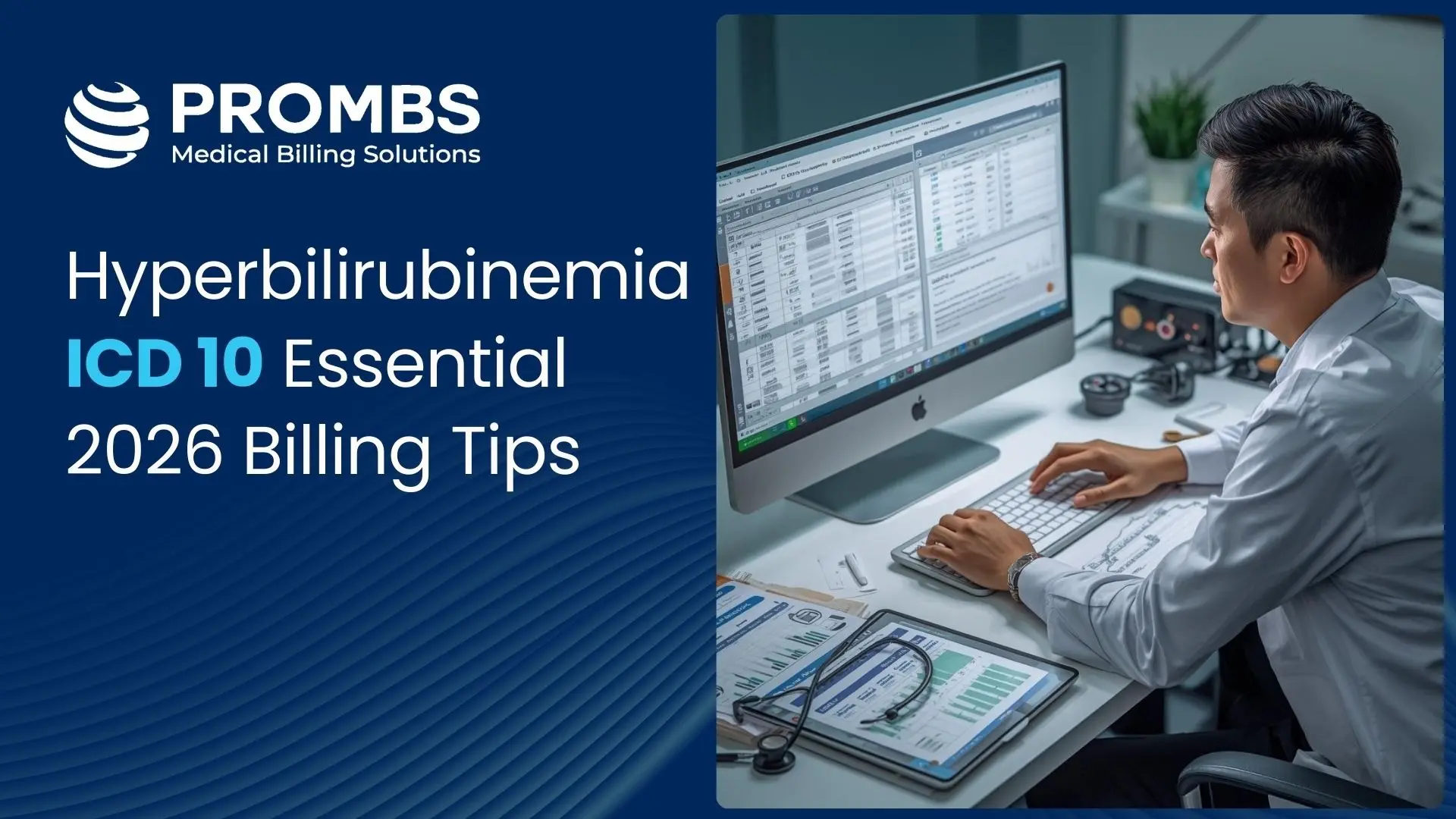✅ Medical billing vs coding—two sides of healthcare money, but what truly sets them apart?
1️⃣ Definition of Medical Billing and Medical Coding
2️⃣ What is a medical coder?
3️⃣ Medical Coder Skills
👉 Here is the skill set to consider to become a competent medical coder:
- Time management
- Attention to detail
- Attention to detail
- Patience
- Organizational skills
- Strong communication skills
- High ethical standards
- Ability or knowledge to learn software systems quickly.
Educational Requirements
What Is Medical Coding?
👉 What Codes Are Used in the U.S?
👉 Medical Coding Certification
👉 What are the Job Criteria in Medical Billing and Coding?
👉 How Medical Coders Impact Health and Healthcare?
👉 What is the importance of Medical Billing and Medical Coding in Healthcare?
👉 What is the Difference Between Medical Billing and Coding?
👉 What is the Difference Between Medical Billing and Coding?
In short: Coders decode the patient's story into a language payers understand.
👉 What Is Medical Billing?
In short: Billers turn the coded data into actual revenue for healthcare providers.
👉 Why It Matters
👉 What Are the Responsibilities of a Medical Coder?
👉 Maintaining Standard
👉 Reimbursement Procedure
👉 What Does Medical Biller Do?
A Day in the Life of a Medical Biller
- Using treatment and diagnosis codes provided by the coder to submit reimbursement claims.
- Reviewing claims and codes to ensure they are correct and represent the level of care provided.
- Communicating with coders, providers, and insurance companies to work out any disagreements or discrepancies.
- Work with patients to get reimbursement for the remaining amount uncovered by insurance companies or other payers.
- Communicating with insurance companies and medical providers to get pre-authorization for procedures as per requirement.
👉 Where do Medical Billers and Coders Work?
Frequently Asked Questions
Medical Coding assigns standardized codes to diagnoses and treatments. Medical Billing uses those codes to create and submit insurance claims. Together, they ensure proper documentation and provider payment.
Choose Medical Coding if you enjoy data and clinical details. Opt for Billing if you’re good with communication and finance tasks. Both are essential but suit different strengths.
Certificates are quicker and ideal for fast entry into the field. An Associate Degree offers broader knowledge and growth potential. Choose based on your timeline and long-term goals.
Medical Assistants work hands-on with patients in clinical settings. Billing and Coding professionals focus on records and insurance. Both support healthcare but in very different ways.
Some do both, especially in smaller clinics. However, most employers prefer focused expertise. Specializing can enhance your accuracy and job prospects.
Certificate programs take about 9–12 months. Associate degrees usually take two years. Certification can boost your job readiness and pay.
By meticulously auditing every code, claim, and contract, Pro Medical Billing Solutions identifies hidden underpayments, unnoticed adjustments, and missed reimbursements that most billing teams overlook. Their proactive analytics and payer-specific expertise turn overlooked line items into significant recoveries—often reclaiming revenue others didn’t even know was missing.



